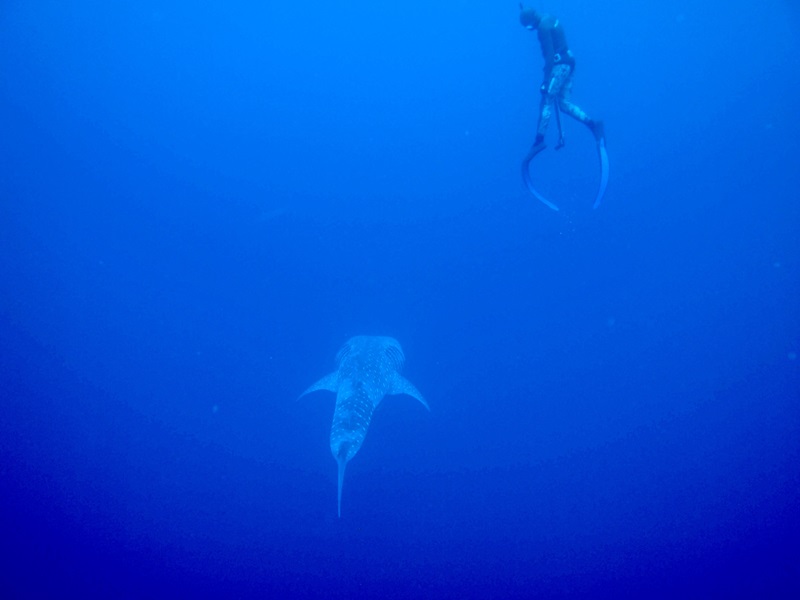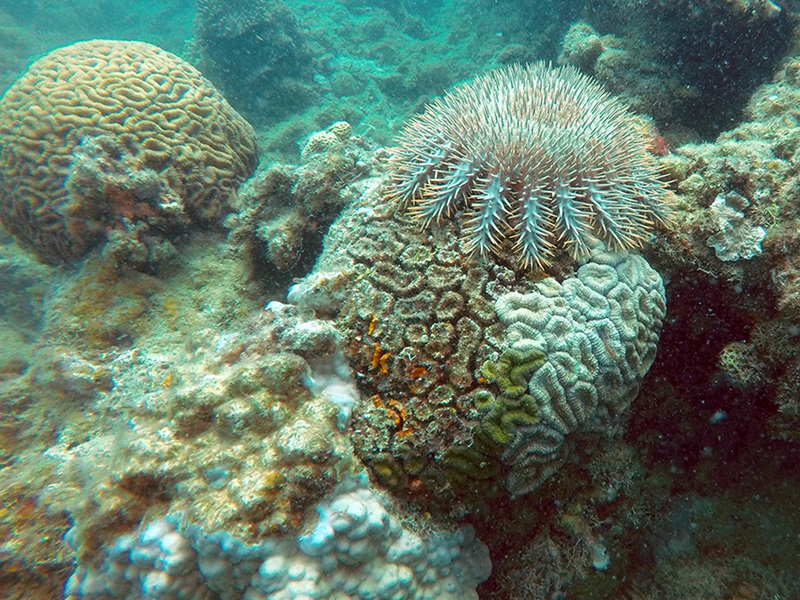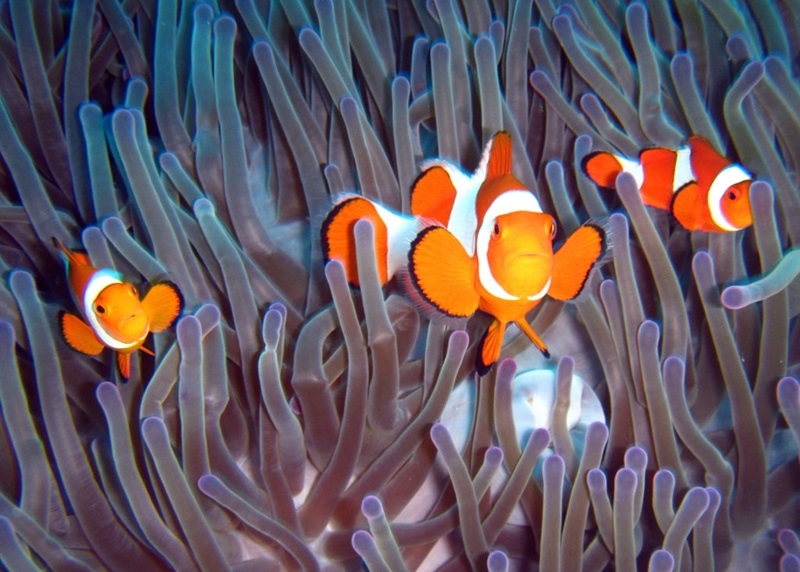
Tracking the elusive whale sharks, the largest fish in the sea
Commonwealth Scientific and Industrial Research Organisation (CSIRO) Oceans and Atmosphere
Published: 27 June 2018
CSIRO’s Ningaloo Outlook project is using whale shark DNA to estimate their age and track movements, aiming to reveal migration patterns and deepen understanding of Ningaloo’s marine ecosystem.

Keeping public opinion flowing for Reef interventions
Commonwealth Scientific and Industrial Research Organisation (CSIRO) Oceans and Atmosphere
Published: 16 July 2018
The Great Barrier Reef faces threats like climate change and starfish outbreaks. CSIRO and partners stress social licence—public input is key in shaping restoration strategies under the $6M Reef Restoration and Adaptation Program.

Fantastic fathers: Australian wildlife edition
Commonwealth Scientific and Industrial Research Organisation (CSIRO) Oceans and Atmosphere
Published: 2 September 2018
From emus and giant water bugs to clownfish, penguins and seahorses, Australia’s animal kingdom has some amazing dads who nurture, protect and even give birth—proving Father’s Day isn’t just for humans.

